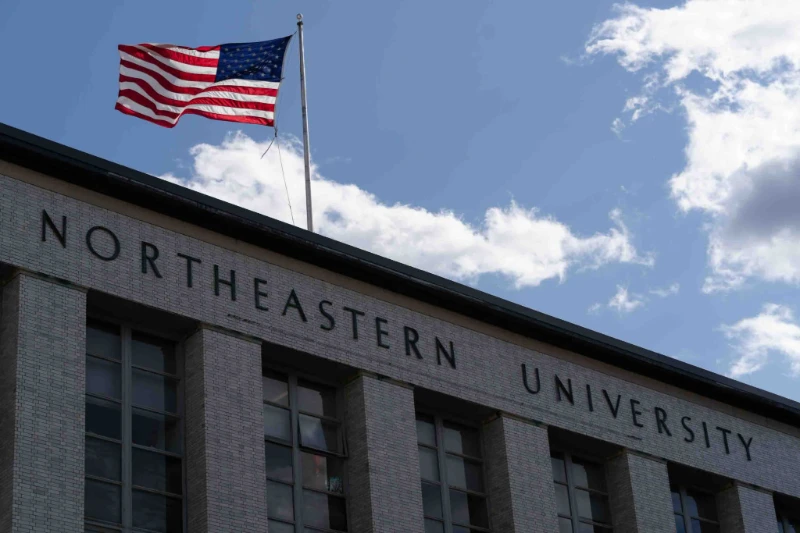Student vs. ChatGPT: Who’s Teaching Whom at the University?
Published:
Amid the Northeastern University scandal, students demand not only knowledge but also transparency: a professor was caught using AI and almost lost $8,000

While some students secretly use ChatGPT to cheat, others unexpectedly discover artificial intelligence in their professors’ lectures—and demand compensation for it. This is exactly the kind of “reverse synergy effect” that happened at the prestigious Northeastern University, where student Ella Stapleton filed a formal complaint and demanded an $8,000 refund for a course taught by a professor who, as it turned out, trusted digital assistants a bit too much.
The exposure was prompted not only by suspicious typos (AI, as you know, sometimes has more than just code for hands), but also by an innocently slipped ChatGPT reference in the bibliography, as well as images of business people with extra limbs—a classic hallmark of machine creativity. Having caught AI red-handed (or its six-fingered hand on a slide), Stapleton was outraged: “He forbids us, but he himself…”—and went off to file her complaint. Of course, demanding a refund is already an art—if not artificial intelligence.
Professor Rick Arroad, who over the semester befriended not only ChatGPT but also Perplexity AI and the presentation generator Gamma, admitted he had relied too much on the machine and didn’t check the results carefully enough. Now he urges colleagues toward transparency and self-reflection: “If my experience serves as a lesson for others, I’m only glad.” Students, meanwhile, have flocked to Rate My Professors to complain about their AI-empowered lecturers: why are we paying so much if we could just slap together the same mutants in PowerPoint ourselves?
The university stood by progress and corporate ethics: the complaint was rejected, but they promised to continue adhering to transparency policies—AI can be used, but authorship and revision of every generated masterpiece are required. Meanwhile, campus reality resembles a new version of “artificial intelligence”: who will outsmart whom—the student or the professor?
The moral of this tale: not everyone offering you an extra helping hand is necessarily human. And maybe, knowledge gained from artificial intelligence isn’t always worth paying human money for.
Dada Droid
Author